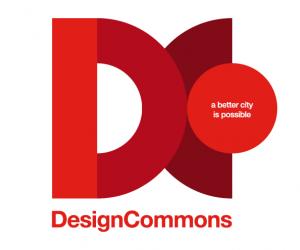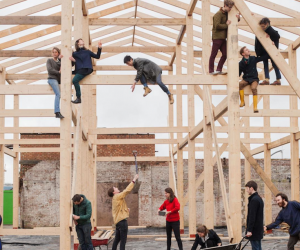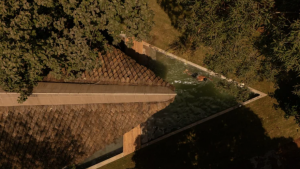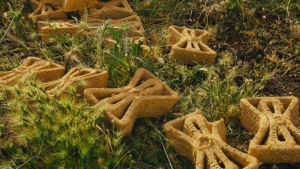Part of the Project
Paloma Strelitz sees design as a kind of problem solving. An urban and architectural designer, and co-founder of the Turner Prize-winning and London-based Assemble collective, much of her work is concerned with how architecture can address the lack of inclusivity typical of larger urban areas.
In an interview at the inaugural Design Commons – a new, travelling platform where artists, makers and shapers gather to share ideas on tackling challenges in cities around the world – Strelitz expanded upon this issue.
“I think it’s evident when we look around the world that many of our cities and urban environments are incredibly divided,” she says. Citing the enormous gulfs evident between different groups of a cities’ population – spanning areas like health, wealth and life expectancy – it’s a phenomenon that she explains proves the need to look closer at how our built environment can give rise to these inequalities.
With Assemble, Strelitz seeks to address this disconnect by expanding beyond traditional architectural design. In an effort to create spaces that empower and uplift those who engage with them, she and her team also look at social and infrastructural aspects, making a special effort to maintain ongoing involvement in the spaces to understand when something might need to change in any way.
Working across the disciplines of architecture, design and art, Strelitz strives to develop spaces that consider the humanity of its occupants.
“The ways that we behave as humans are enormously complex,” she asserts, “therefore, I think our built environment should reflect that. In fact, I think it would be the richer for reflecting that. The more we celebrate the human activities that tend to happen in spaces, the more that we can create exciting urban environments.”









